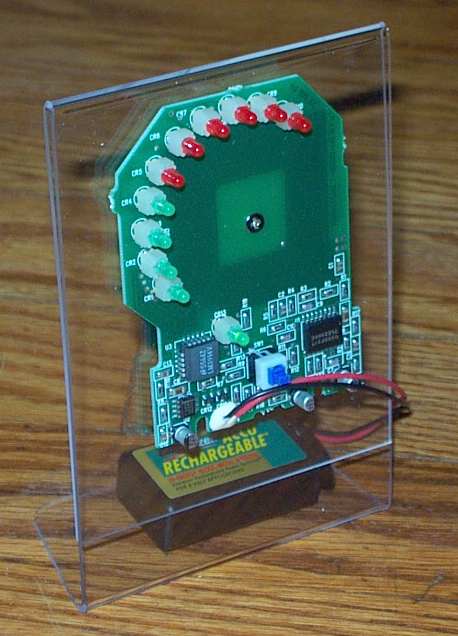john_gr
Newbie level 3

Hi all,
I'd like to made an electrometer to measure from 9 ev energy one electron energy. But, I think this is not possible. So, how can I measure the energy from excite atoms . If I excite a mass of metal can I take some energy on my electrometer?
one electron energy. But, I think this is not possible. So, how can I measure the energy from excite atoms . If I excite a mass of metal can I take some energy on my electrometer?
look this
**broken link removed**
and this
**broken link removed**
this is toooo expensive but it can measure some ev energy 9ev or more....
haves some an cheap idea?
I'd like to made an electrometer to measure from 9 ev energy
look this
**broken link removed**
and this
**broken link removed**
this is toooo expensive but it can measure some ev energy 9ev or more....
haves some an cheap idea?

